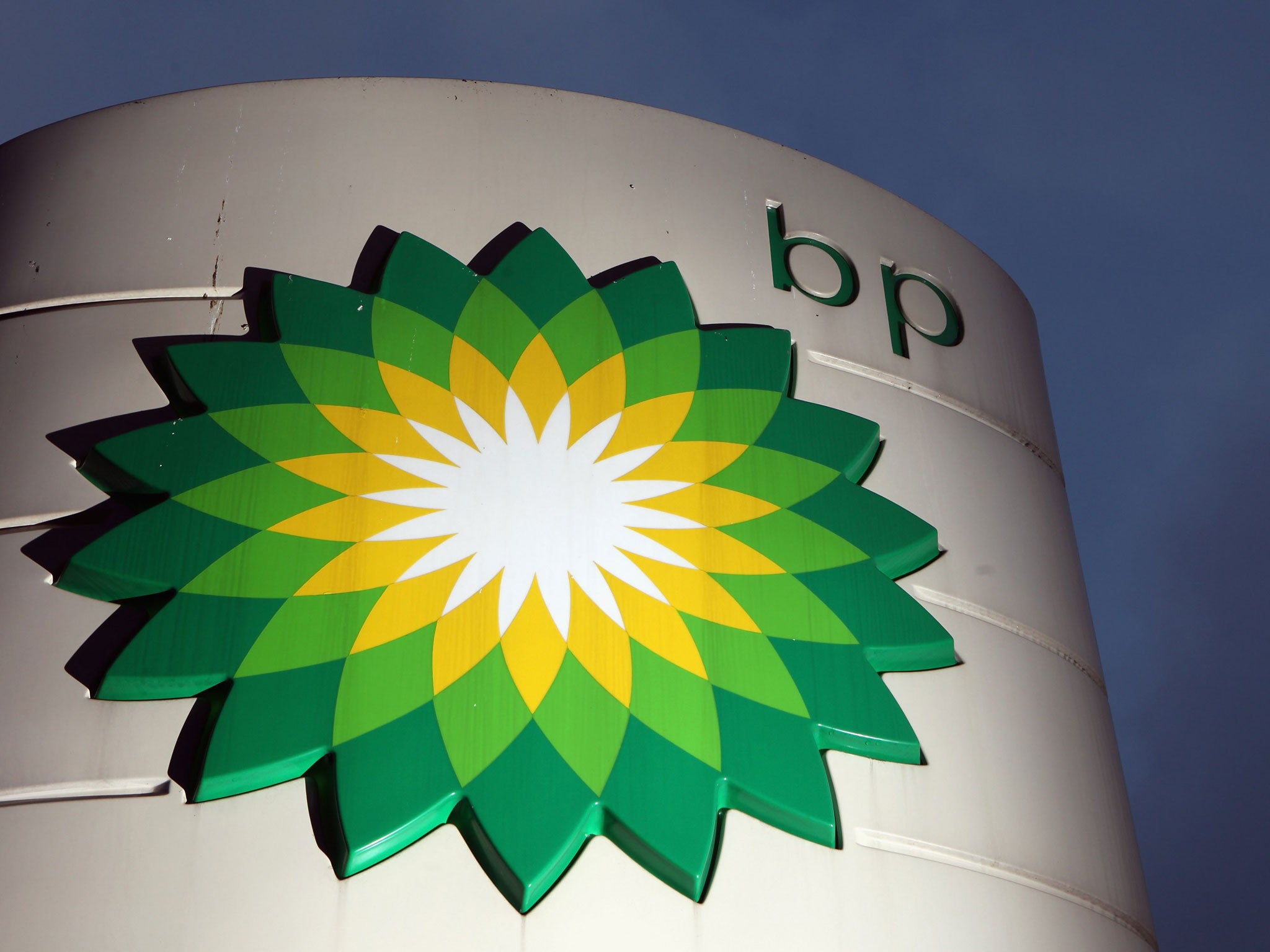'Grave fears' for energy industry in North Africa
The al-Qa'ida attack on foreign workers at the Algerian gas plant has made Western companies nervous

BP may be forced to reconsider further gas exploration in North Africa as a result of the Algerian hostage crisis, fearing more targeted attacks against its workers in the region, industry sources said yesterday.
The British energy giant is Algeria's largest investor in a country that is the third-largest supplier of gas to the EU. BP, already a major investor in Libya, had been granted new gas licences in the country days before Islamic terrorists took over the In Amenas gas plant near the Algerian/Libyan border.
With Bob Dudley, BP's chief executive, warning last night that there remained "grave fears" for some of his workers, senior industry insiders said there would have to be careful consideration of security and protection from al-Qa'ida in the Islamic Maghreb (AQIM) before BP further expanded in the region.
A source said: "The Algerians are very security conscious, and they have to be. They have a massive problem, as does Libya, as does Morocco. This is a serious issue. Algeria will not take any messing around with security, because gas exports are essential to them.
"But BP will want to look at this again, as security is the key aspect. If there was a reason why they wouldn't want to invest, it would be because of security."
It is unlikely that BP will scale back operations in Algeria, but the source said that expansion across the region would need to be reconsidered.
While the short-term threat to European gas supplies from the crisis appeared to be minimal, there is now a longer-term risk to supply. Western energy companies with workers in other plants in Algeria evacuated some staff while the hostage crisis was ongoing.
Drilling by Total of France and Italy's Eni SpA might also be affected by the hostage crisis, said the sources. BP, Norway's Statoil and Spain's Compañia Española de Petroleos SA evacuated workers from other Algerian energy facilities as the crisis unfolded. Helge Lund, Statoil's chief executive, said about 40 non-essential staff would be flown back to Norway. BP was also evacuating some non-essential workers.
Algeria's oil and gas exports are the country's dominant industry, with energy accounting for 70 per cent of tax revenues and 98 per cent of its exports. Key markets are Italy, which gets a third of its gas from Algeria, and Spain, which receives half of its supplies from there. Algeria sends a small amount of gas to the UK. It is also a major oil producer.
While gas prices rose in Italy in the wake of the hostage-taking, they fell again on Friday after flows were restored.
The issue of securing gas and oil supplies in the Middle East and North Africa is not as important to Washington as it was a decade ago, when the US was preparing to invade Iraq. The US is becoming increasingly reliant on its own resources, particularly shale gas, with production expected to increase fourfold in the next 20 years.
The situation is more precarious in the UK. Despite the coalition giving the green light last month to shale gas exploration, there is not the vast open space in this country to allow for fracking, meaning the UK must look for a diversity of supplies, including oil and gas from Europe, the Middle East and Asia, as well as renewable energy and nuclear power. Last week, the leak in the Brent oil pipeline in the North Sea, now being brought under control, underlined the continuing fragility of supply.
Dr John Burman of Cambridge Global Research Ltd, a consultancy advising financial institutions on their Middle East investments, said: "For the UK, in particular, Algerian gas is more of an issue than Algerian oil. Algeria is a smaller producer than, say, Qatar, but it is still a major gas player. The problem for Algeria is that gas exploration and extraction requires significant levels of technological investment. If the energy majors are pulling out because of the terrorist threat, Algeria's gas industry will suffer acutely."
BP, Statoil, and the Algerian state oil company, Sonatrach, operate the In Amenas gas field, supplying 12 per cent of Algeria's natural gas output.
Join our commenting forum
Join thought-provoking conversations, follow other Independent readers and see their replies
Comments